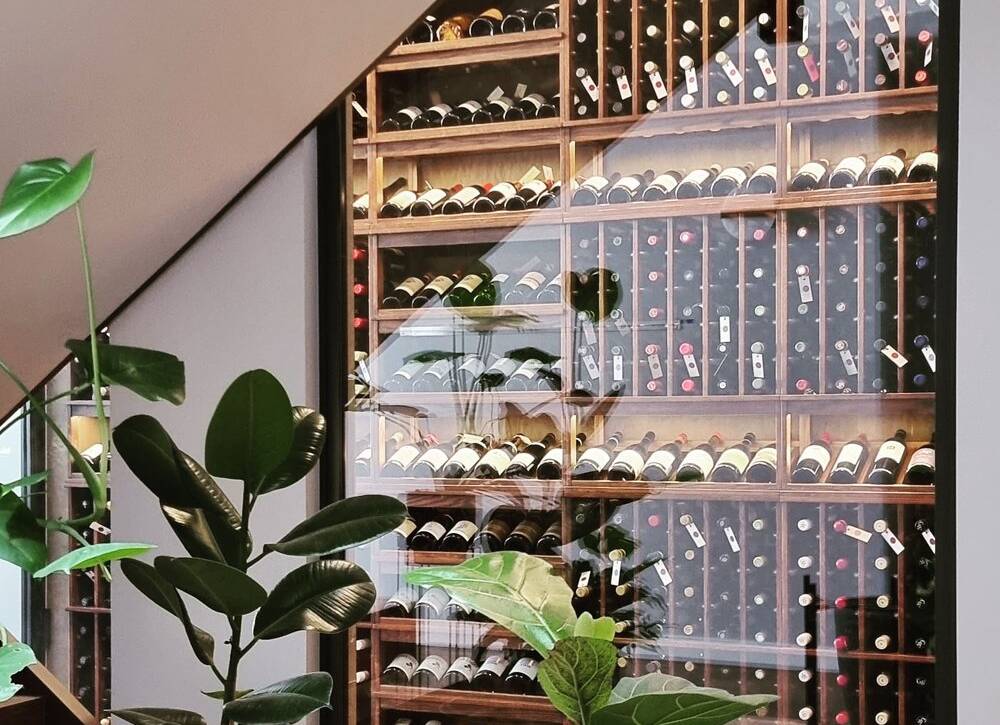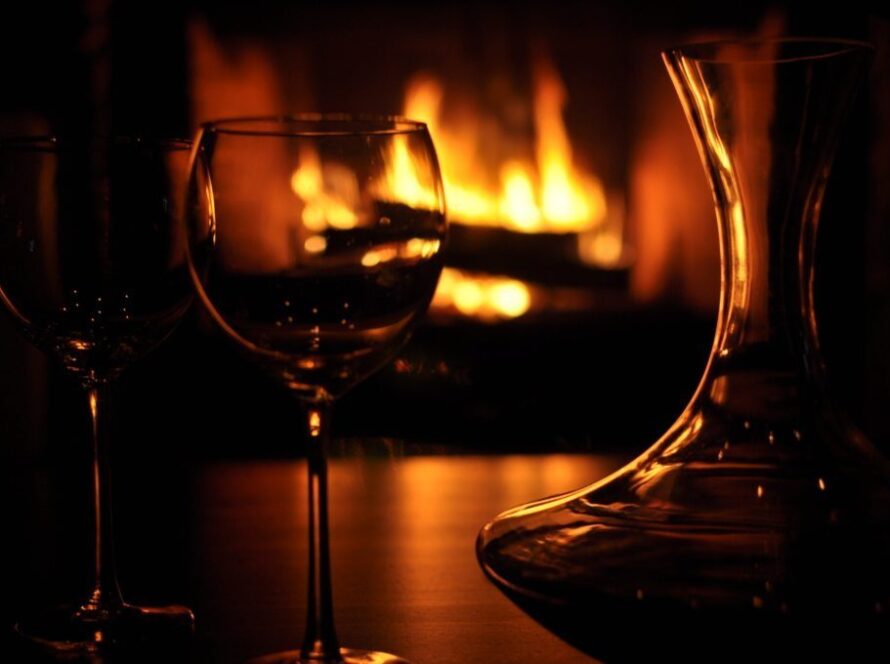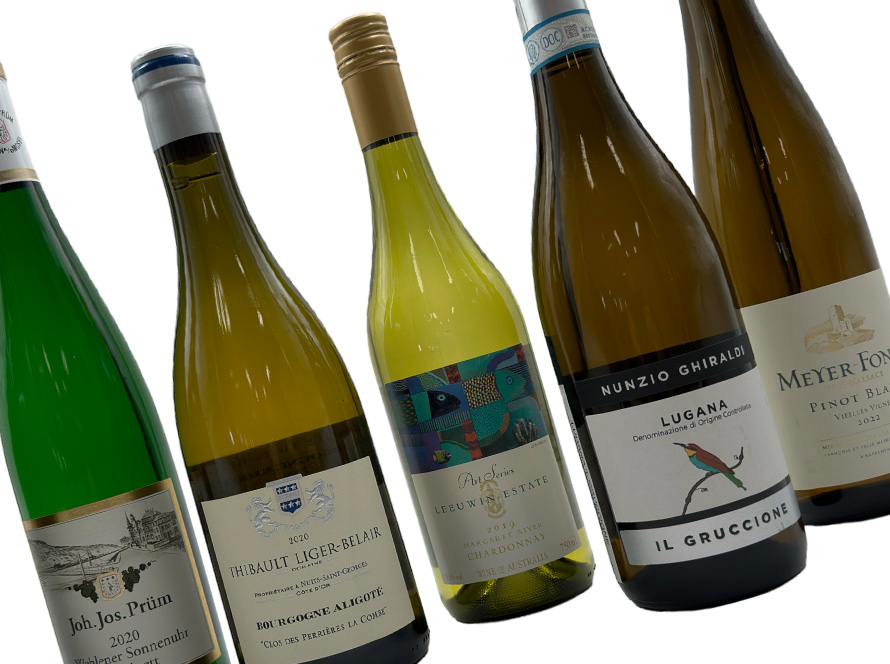Champagne has long been synonymous with celebration and luxury, but there’s a growing trend in the wine world that’s gaining traction among enthusiasts and collectors – Grower Champagne. These are Champagnes produced by the same estate that grows the grapes, and they often offer a unique and terroir-driven experience. However, one question that frequently arises is whether Grower Champagne can cellar well and improve with time. Let’s explore this intriguing aspect and why it’s time to prioritize investing in your Champagne drinking future.
Table of Content:
The Essence of Grower Champagne
To understand the aging potential of Grower Champagne, it’s essential to grasp its essence. Unlike many mass-produced Champagnes from larger houses, Grower Champagnes are often made in smaller quantities, showcasing the individuality of the vineyards and the winemaker’s craftsmanship. These wines are a true expression of terroir, reflecting the specific characteristics of the vineyard’s soil, climate, and grape varieties.
Cellaring Grower Champagne
Grower Champagnes are known for their purity, finesse, and elegance. While they may not always have the immediate wow factor of some big-name Champagne brands, they often reveal their true potential with age. The key to cellaring Grower Champagne successfully lies in understanding their unique qualities and the winemaking philosophy behind them.
1. Acidity and Freshness: Champagne, in general, is known for its high acidity, which acts as a natural preservative. Grower Champagnes tend to maintain their acidity exceptionally well over time. This acidity provides structure and freshness to the wine, allowing it to age gracefully.
2. Terroir Expression: Grower Champagnes often emphasize terroir, which means they are made to reflect the specific characteristics of the vineyard. This focus on individuality can result in complex and layered flavors that evolve beautifully over time.
3. Artisanal Winemaking: Many Grower Champagne producers take a hands-on, artisanal approach to winemaking. This can lead to more careful selection of grapes, gentle handling, and meticulous attention to detail, all of which contribute to the aging potential of the wine.
4. Vintage Variations: Just like in other wine regions, Champagne experiences vintage variations due to climate conditions. Some vintages are better suited for long-term aging than others. A knowledgeable wine advisor or sommelier can help you choose the right bottles to cellar.
Investing in Your Champagne Drinking Future
Now, why is it time to prioritize investing in your Champagne drinking future? The answer lies in the increasing recognition of Grower Champagne’s value and potential. As more wine enthusiasts and collectors discover the delights of Grower Champagne, demand is rising. This growing interest is not just a fleeting trend; it’s a reflection of the wine world’s evolving tastes and preferences.
By investing in your Champagne drinking future, you’re not only acquiring bottles of exquisite Champagne but also pieces of history and craftsmanship. You’re securing access to wines that will evolve, surprise, and delight you in the years to come. And as the availability of some older vintages becomes scarcer, the value of well-preserved Grower Champagne can appreciate significantly.
In conclusion, Grower Champagne does indeed cellar well and improve with time, thanks to its unique qualities, terroir expression, and artisanal winemaking. It’s a category of Champagne that deserves attention, not only for its immediate pleasure but also for the long-term rewards it can offer. So, if you’re looking to invest in your Champagne drinking future, exploring the world of Grower Champagne is a wise and rewarding choice. Cheers to the journey ahead!
Here are some notable Grower Champagne producers to keep an eye out for:
Pierre Péters: This family-owned Champagne house in the Côte des Blancs is renowned for its exceptional Blanc de Blancs Champagnes. They focus on Chardonnay grapes and produce elegant, precise, and age-worthy Champagnes.
Agrapart & Fils: Known for their biodynamic farming practices, Agrapart & Fils produces terroir-driven Champagnes from the Avize village. Their wines are highly regarded for their purity and finesse.
Egly-Ouriet: Egly-Ouriet is celebrated for its Pinot Noir-dominated Champagnes, which come from old vines and showcase rich, complex flavors. Their “Les Crayères” and “Vieillissement Prolongé” cuvées are particularly noteworthy.
Vouette et Sorbée: Located in the Aube region, this producer specializes in organic and biodynamic farming. Their Champagnes, often made with Pinot Noir, are expressive and full of character.
Jacques Selosse: An iconic name in the world of Grower Champagne, Jacques Selosse is known for pushing the boundaries of winemaking. Their Champagnes are sought after for their uniqueness and depth of flavor.
Bérêche et Fils: This producer crafts Champagnes with a focus on authenticity and terroir expression. Their “Reflet d’Antan” is a remarkable blend of multiple vintages that showcases their dedication to tradition.
Ulysse Collin: Ulysse Collin is known for its minimalist winemaking approach and exceptional Chardonnay-based Champagnes. Their “Les Maillons” and “Les Roises” cuvées have received critical acclaim.
Larmandier-Bernier: A biodynamic pioneer in Champagne, Larmandier-Bernier produces wines that reflect their commitment to sustainability and terroir. Their “Terre de Vertus” and “Latitude” cuvées are excellent examples.
Vilmart & Cie: This producer combines traditional winemaking techniques with modern sensibilities. Their Champagnes are known for their complexity, balance, and aging potential.
Chartogne-Taillet: Chartogne-Taillet is recognized for its precise and elegant Champagnes made from a variety of grape varieties. Their “Les Barres” and “Couarres” cuvées showcase their skill and dedication.
These are just a few of the many outstanding Grower Champagne producers. Exploring their diverse offerings can be a rewarding journey for wine enthusiasts looking to discover unique expressions of Champagne terroir and craftsmanship.





